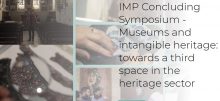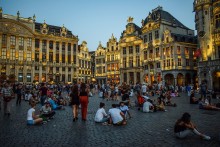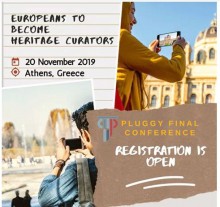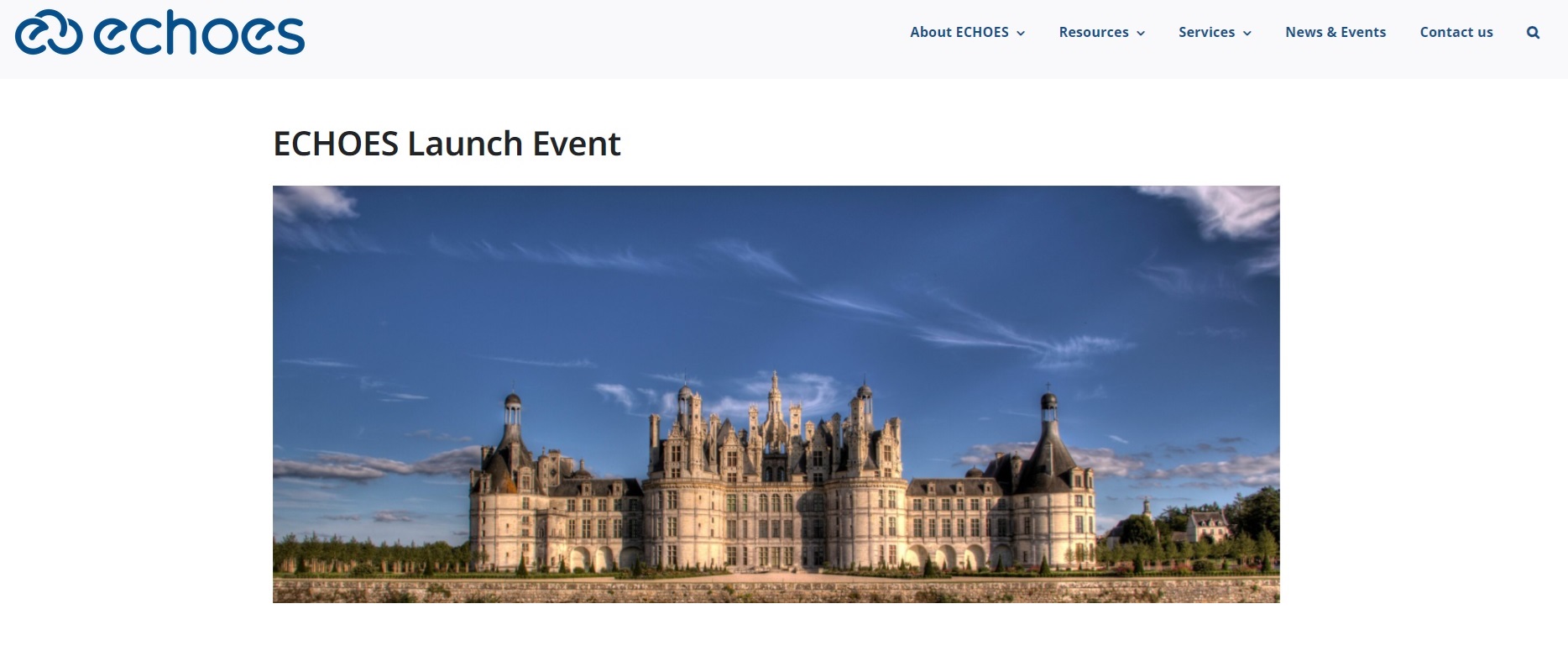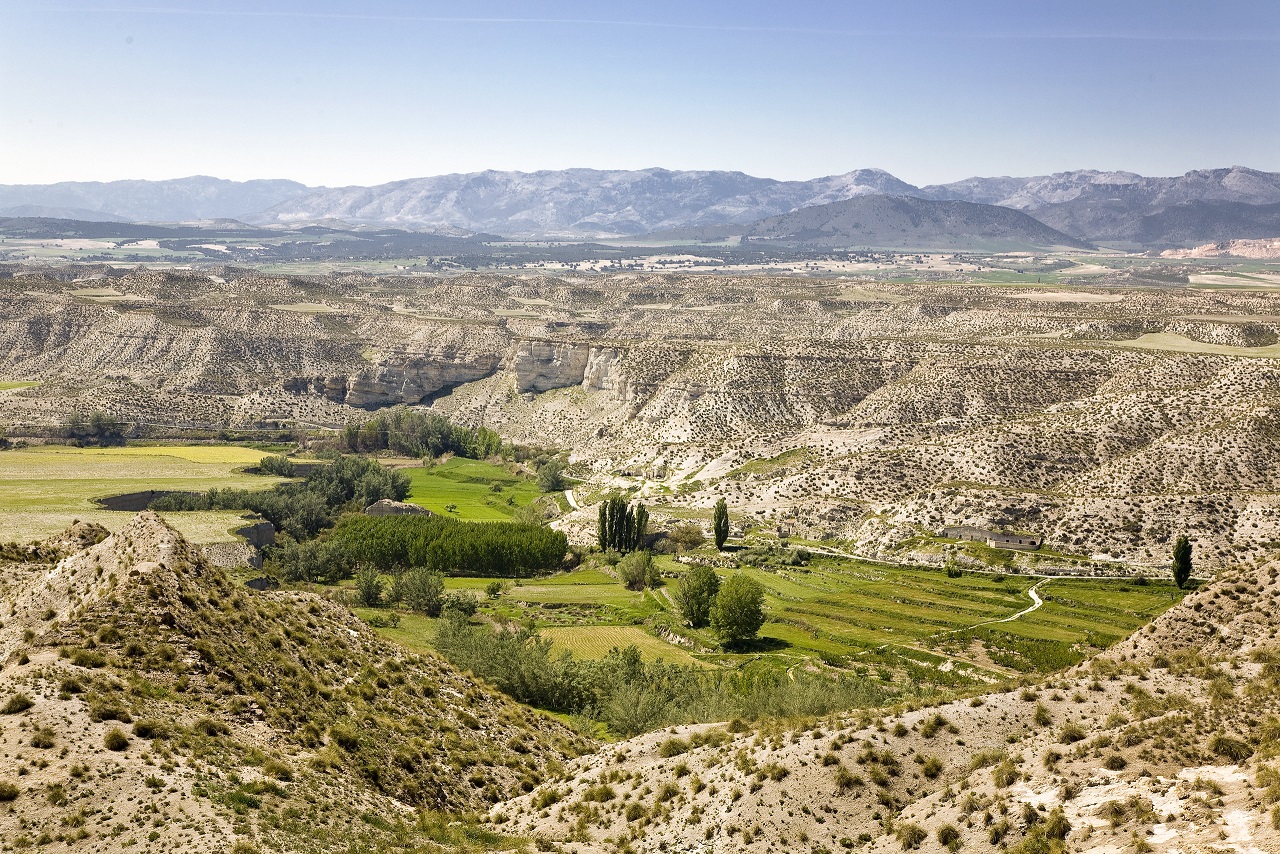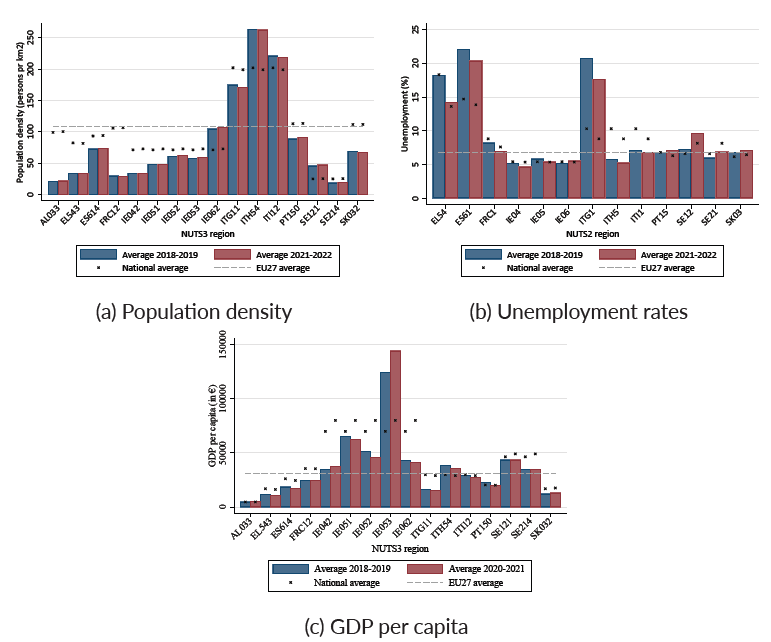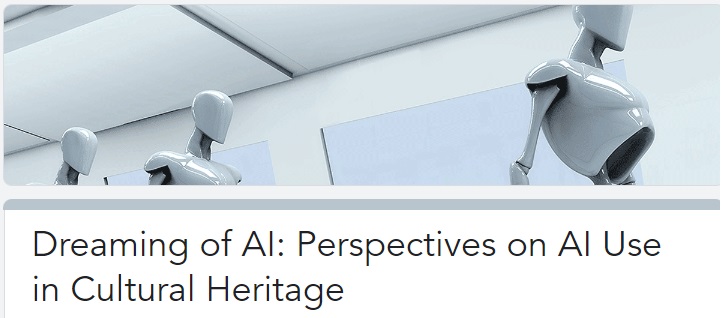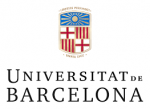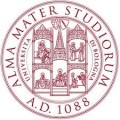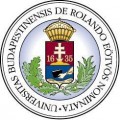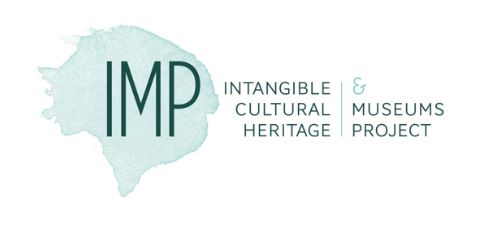 – How can museums avoid the trap of “freezing” intangible cultural heritage in time by integrating it into more static collections?
– How can museums avoid the trap of “freezing” intangible cultural heritage in time by integrating it into more static collections?
– How may we assure that heritage practitioners and communities are sufficiently being heard in display settings?
– What are the best ways to bring audiences into the museum, allowing for participatory experiences, yet avoiding the commodification of intangible heritage?
These are some of the main themes faced by the Intangible Cultural Heritage Project and that will represent the basis of its conclusive symposium which aims to identify the best way for establish a solid liaison and cooperation between Intangible Cultural Heritage and museums for a mutual benefit.
The project started in 2017 and over the past three years it explored the interaction of museum work and intangible heritage practices in a comparative European context.
It organized 5 previous conferences which featured in depth theoretical contributions, workshops, artistic co-creations, numerous discussions and many inspirational testimonies from the fields of museums and intangible cultural heritage.
This concluding symposium is addressed to key stakeholders from the fields of intangible heritage and museums, such as heritage practitioners, museum professionals, policy makers, academics and representatives of transnational networks.
The aim is to explore the various ways in which museums and safeguarding living heritage go together and to step into reciprocal understanding of different methods, possibilities and approaches.
The outcomes of the public forum will be used for drafting future-oriented recommendations and methodologies for both policies and practice.
More information:
Symposium webpage
Symposium programme



